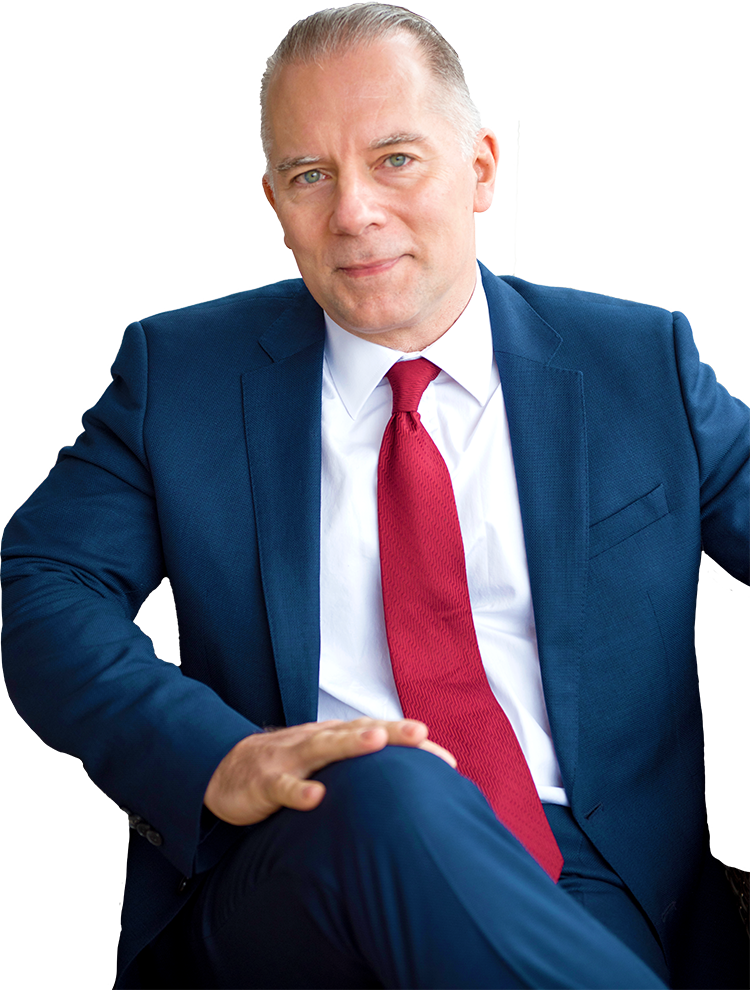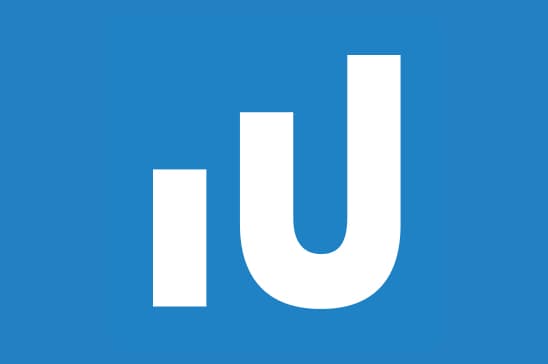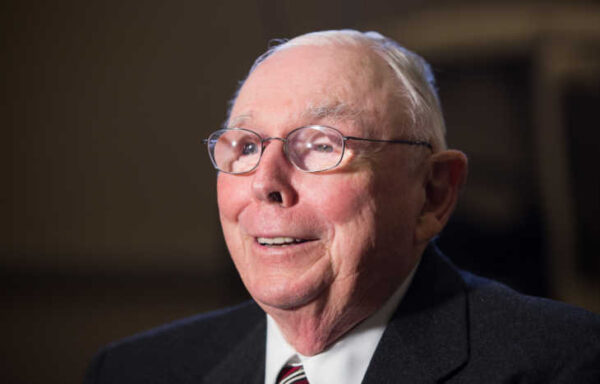What This Nobel Prize-Winning Scientist’s Mistake Can Teach You About Investing
- When a Nobel Prize-winning scientist recently retracted a chemistry paper from a popular scientific journal, most investors probably didn’t notice.
- But, as Nicholas Vardy explains today, the lesson in this might just hold the secret of wealth.
Frances Arnold, a chemical engineering professor at the California Institute of Technology, won the 2018 Nobel Prize in chemistry.
Her Nobel Prize, awarded for her 1993 paper on the directed evolution of enzymes, capped a 30-year academic career.
(As an aside, Arnold grew up in my neighborhood in Pittsburgh and attended the public high school down my street.)
On January 2, 2020, Arnold made headlines yet again. But this time for less auspicious reasons.
Arnold announced that she and her co-authors had retracted a paper published in the prestigious journal Science just seven months after she won the Nobel Prize.
As she put it on Twitter…
For my first work-related tweet of 2020, I am totally bummed to announce that we have retracted last year’s paper on enzymatic synthesis of beta-lactams. The work has not been reproducible.
The retraction of a scientific article is the ultimate mea culpa among scientists.
Rightly or wrongly, it makes outsiders question all of Arnold’s previous work.
What does this obscure scientific controversy have to do with investing?
It turns out that Arnold, through her willingness to admit her mistakes, has much in common with the very best investors. And this willingness to admit when we are wrong is a habit we should all adopt in our investing lives.
Let me explain…
Nobody Is Perfect
Making mistakes is part of science.
You can say the same about investing.
It’s not perfect knowledge that makes a scientist great, just like a perfect track record is not what makes a top investor great.
Even Nobel Prize-winning scientists – and the very best investors – make mistakes. (And Arnold is not the first Nobel laureate to retract a paper.)
The far more serious problem is when you make a mistake… and you don’t admit it.
Yes, in politics and business, changing your mind or admitting mistakes is seen as a sign of weakness. Bluster and bombast often overwhelm objective facts no matter what your political stripes.
Contrast that with science and investing, where admitting your mistakes signals the highest level of skill.
Soros’ Secret
“Once we realize that imperfect understanding is the human condition, there is no shame in being wrong, only in failing to correct our mistakes.”
– George Soros
George Soros is probably the most successful pure speculator in history. And his success is mostly due to his attitude toward making mistakes.
Soros was a student of philosopher Karl Popper at the London School of Economics in the 1950s. There, Soros was deeply influenced by Popper’s work on the same scientific method used by Nobel Prize-winning scientists.
As a result, Soros developed a highly self-critical approach to investing.
The media-driven narrative that Soros had an uncanny ability to predict the market is deeply flawed.
In fact, Soros’ “secret” is precisely the opposite.
As Soros put it in an interview in John Train’s The New Money Masters, “My approach works not by making valid predictions but by allowing me to correct false ones.”
Soros put this highly self-critical approach into practice. As James Marquez, a former Soros chief investment officer (CIO), described it…
Soros would be the first one to tell you that sometimes his actions… look like the most rookie, odd-lot, wrong-way kind of thing, selling at the lows, and buying at the highs. But it’s much easier to understand in light of his avowed mission: to be able to come and fight another day. He says, “I don’t want to wake up broke.”
Alan Raphael, yet another Soros CIO, agreed:
When George is wrong, he gets the hell out. He doesn’t say, “I’m right, they’re wrong.” He says, “I’m wrong,” and he gets out, because if you have a bad position on, it eats you away. All you do is think about it – at night, at your home. It consumes you. Your eye is off the ball completely. This is a tough business. If it were easy, meter maids would be doing it.
So the secret to Soros’ success was to admit without hesitation when he was wrong. It’s this disciplined and self-critical approach that separates the best from the rest.
Admit Your Mistakes
When you first read about Nobel Prize winner Arnold’s retraction of her article, you may have thought, “The Nobel Committee should take the prize back and give it to a scientist who doesn’t make these kinds of mistakes.”
I’d say the exact opposite.
You see, Frances Arnold reported the mistake of her own volition. She did not try to cover it up.
The Nobel Committee should be pleased it picked a recipient of such integrity for the highest honor in the field!
What’s the lesson for us investors?
If you make a mistake in investing, admit it – that is, cut your losses – as quickly as you can.
Your portfolio will thank you for it.
About Nicholas Vardy
An accomplished investment advisor and widely recognized expert on quantitative investing, global investing and exchange-traded funds, Nicholas has been a regular commentator on CNN International and Fox Business Network. He has also been cited in The Wall Street Journal, Financial Times, Newsweek, Fox Business News, CBS, MarketWatch, Yahoo Finance and MSN Money Central. Nicholas holds a bachelor’s and a master’s from Stanford University and a J.D. from Harvard Law School. It’s no wonder his groundbreaking content is published regularly in the free daily e-letter Liberty Through Wealth.






